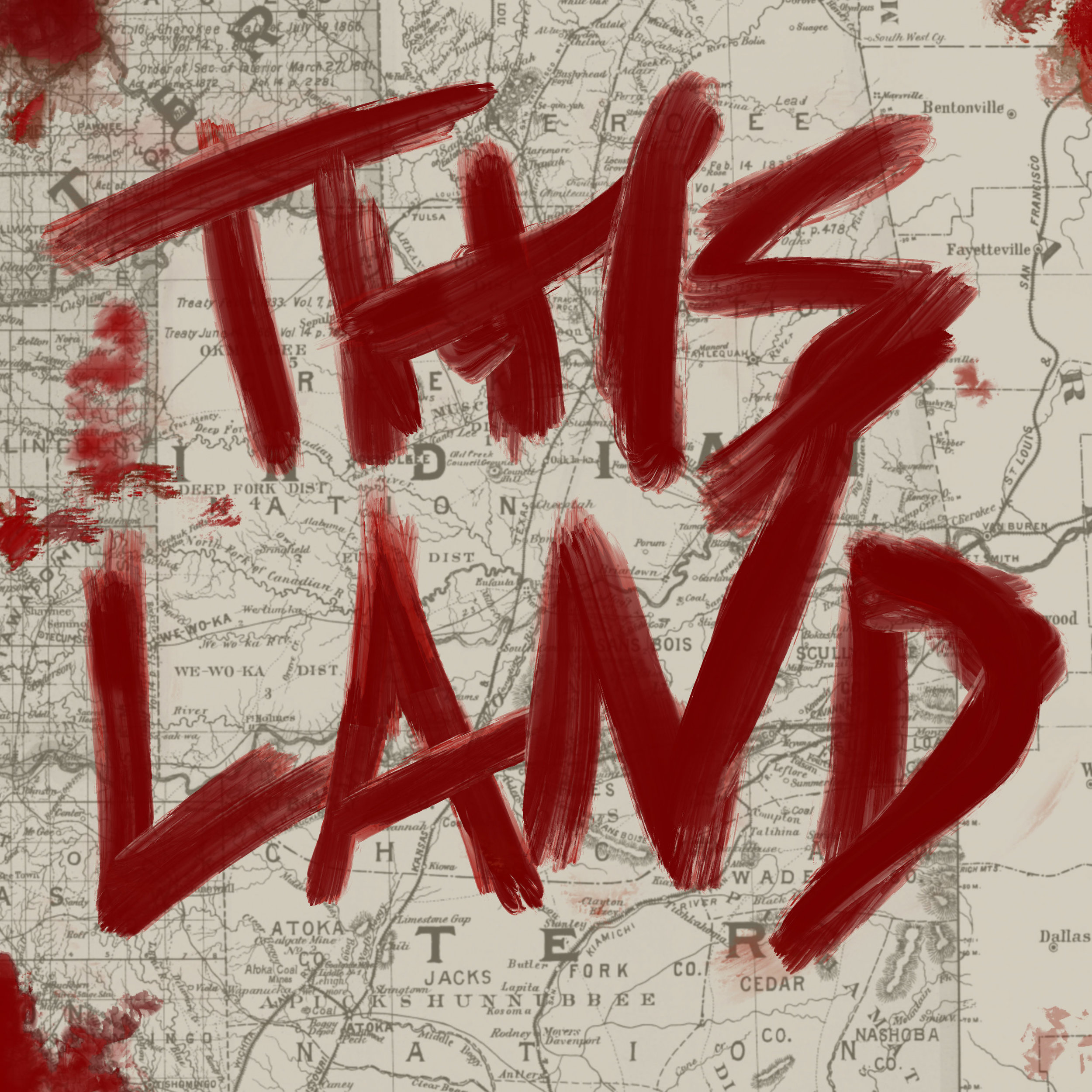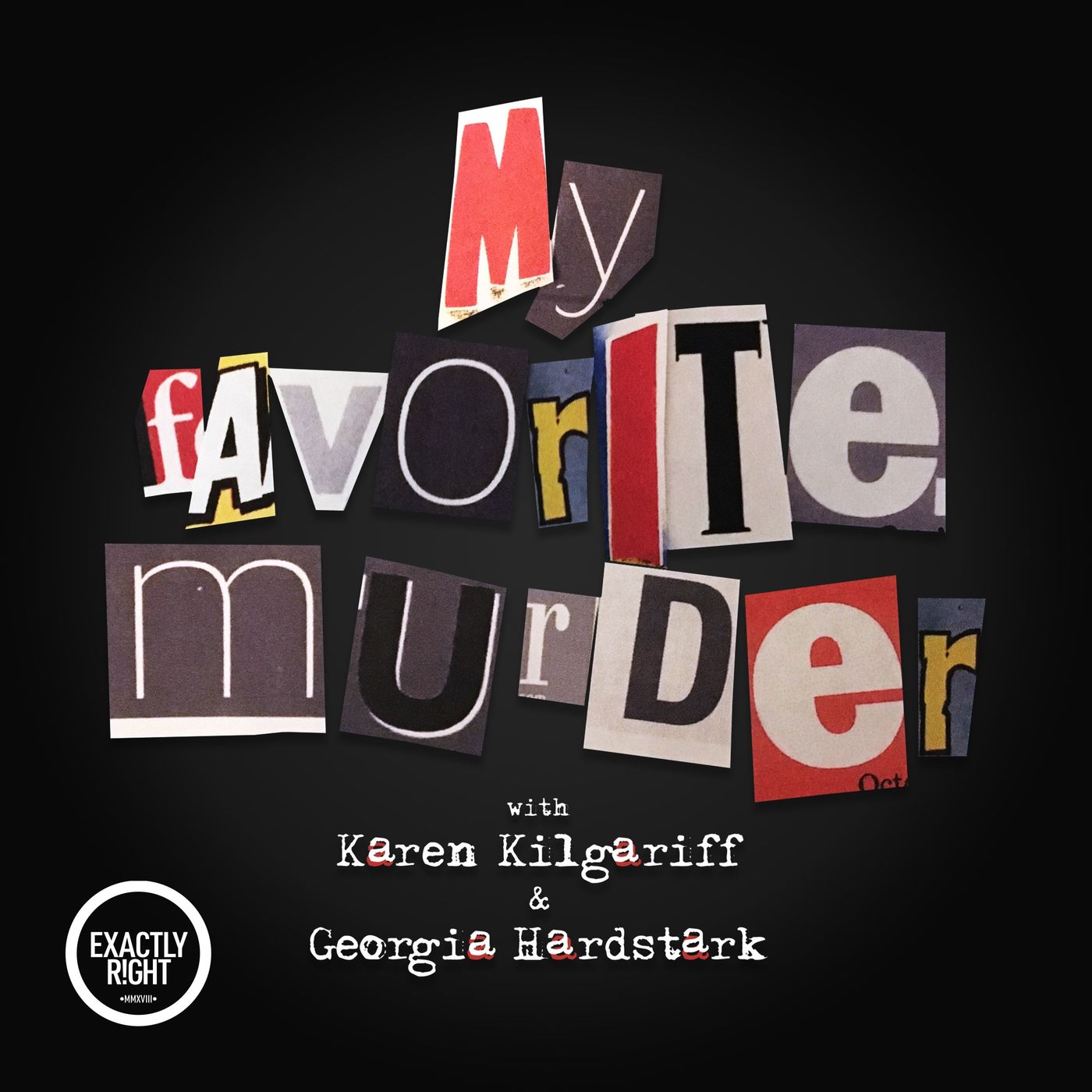Five “Feminist” True Crime Podcasts
As you may have guessed from my “Feminism in True Crime Communities” and “Black Deaths Matter” blog posts, I am fascinated by the question of whether true crime can ever be feminist -- in fact, it’s the very question I’m exploring in my year-long Gender Studies thesis! True crime is a genre with content that focuses on the true stories of murder, violence, and the macabre. True crime media includes documentaries, articles, blogs, TV shows, and podcasts, to name a few platforms. I am interested in the feminist potential of true crime because, over the past decade, women have slowly become the primary narrators and consumers of true crime media, rather than simply the victims of the stories. Unfortunately, most true crime reinstates the idea that young, pretty, wealthy, blond cis women are the most likely to be abducted and/or murdered by a stranger that pops out of a bush at night. Feminists who engage with intersectional analysis know this is not true; poor, queer communities of color are the most vulnerable to myriad forms of violence. Similarly, most true crime media seeks justice uncritically through the state’s criminal justice system, the same system that has wrongly imprisoned, harmed, and killed many people of color (especially Black Americans). Navigating true crime as a feminist is a complex experience, but I do it! So, below I have gathered five podcasts that do some of the feminist work that I believe is essential to creating a feminist true crime genre. -- Alex
image courtesy of IndivisibleWriting.com
(1) Sick Sad World
Sick Sad World covers stories that fall under a more expansive definition of true crime violence including: police brutality, alien encounters, and critiques of true crime media. Sick Sad World is aligned and has collaborated with True Crime Intersections, a Facebook community that “de-center[s] white supremacy and oppressive power dynamics while discussing horror & crime.” In practice, the True Crime Intersections Facebook group is a place for marginalized fans of true crime to gather and look critically at the structures of power that condition violence. The Sick Sad World podcast is co-hosted by Mari Ramsawakh (“a nonbinary and disabled writer, model, and activist”) and Jasmine Patterson (“a digital artist, lazy gamer, and natural-hair enthusiast”).
Every time I listen to another episode of Sick Sad World, I become more and more grateful for the thoughtful work they are doing within true crime media. Specifically, I believe they are practicing what a true crime feminism might actually look like. In short, this means looking critically at structures, systems, and perpetrators of violence on a larger scale, beyond the typically spectacular narratives we see in true crime. This means that Mari and Jasmine implicate white supremacy, ableism, and toxic masculinity (to name a few discursive sites of violence) when discussing any cases of violence. Mari and Jasmine also handle stories of death with extreme sensitivity, spending immense time looking at the beauty of the victims’ lives and the gravity of their deaths.
In particular, I gained so much from listening to their episode, "Marginalized in True Crime." It features a generous conversation with True Crime Intersections group administrator Kitty, who joins to explain the ways in which hegemonic true crime narratives leave out intersectional analysis. The fallout of which constitutes another form of violence that further silences the suffering of people of color, particularly Black, indigenous, disabled, poor, and/or feminine folks. Sick Sad World is the most amazing true crime podcast I’ve come across and it deserves more than a listen!
image courtesy of Stitcher.com
(2) This Land
This Land is a recent podcast from Crooked Media by Cherokee Nation host Rebecca Nagle that explores the violence that has occured on/to the land (i.e. people, place, & culture) in the U.S. state of Oklahoma. Specifically, the podcast covers “an 1839 assassination of a Cherokee leader and a 1999 murder case – two crimes nearly two centuries apart provide the backbone to an upcoming 2019 Supreme Court decision that will determine the fate of five tribes and nearly half the land in Oklahoma.” In the podcast, individual indigenous leaders and murder victims, their surrounding communities, and the land itself become cast as victim in a (feminist) conversation about the continuous violence of settler colonization.
The move that This Land makes to implicate the US state (a violent occupier of Cherokee land) as perpetrator is deeply feminist, engaging an intersectional, decolonial critique in its narrative. I find This Land to tell an incredibly fascinating and difficult history that pushes the boundaries of true crime in all the right places. It implicitly asks (U.S.-based) listeners to consider the settler violence they are complicit in at any given moment. The stakes of This Land are also incredibly timely and urgent because the case in question “could result in the largest restoration of tribal land in US history.”
image courtesy of Stitcher.com
(3) In the Dark
Investigative journalist, Madeleine Baron, and her kick-ass dream team (including producer Samara Freemark) have created two incredible seasons covering two important criminal cases on In the Dark. The first season covers the 1989 disappearance and presumed murder of Jacob Wetterling in Minnesota. The second season looks critically at the Tardy Furniture Store Murders and subsequent incarceration/ multiple trials of Curtis Flowers in 1996 Mississippi and continuing in the present (mostly recently with the case reaching the Supreme Court in 2019). In both seasons, their investigative journalism has unsettled common assumptions found in true crime communities about who the perpetrator is (stranger in mask) and who has to fear being the victim (white, middle-upper class). The podcast has garnered both a Peabody Award and a Polk Award.
In season 1, Baron & team uncover how “law enforcement mishandled one of the most notorious child abductions in the country and how those failures fueled national anxiety about stranger danger, led to the nation's sex-offender registries and raise questions about crime-solving effectiveness and accountability.” The season looks critically at policing and criminal justice system -- questioning the limits of justice pursuits within the state’s existing structures. Season 2 takes this critical approach even further by looking at the case of Curtis Flowers, a Black Missippippi resident who has been behind bars for a murder verdict that has been reversed and reinstated six times! As the meticulous reporting of the podcast demonstrates, the only reason for Curtis’ continued incarceration is the ruthless, unfounded case pursued by a racist prosecutor against him. Baron & team unravel the “evidence” (read: racist, corrupt fabrications) that makes up the state’s case. Their investigative reporting led to Curtis’ case being taken up by the Supreme Court where the prosecutor, Doug Evans, was found to have used racial bias in jury selection for Curtis’ last conviction, which was, in turn, reversed.
Not only is it amazing seeing a team led by women ask hard questions about justice, but the stories that In the Dark covers implicate sites of power that also concern feminists. In the Dark has had actual impact, bringing attention and righteous rage to Curtis’ case most recently. So, In the Dark makes two feminist moves: (1) it actively seeks justice, and (2) it does not assume, but in fact it questions, whether the state is a source of that justice.
image courtesy of TheFallLinePodcast.com
(4) The Fall Line
The Fall Line is “an investigative, narrative, and revealing show focused on the cold cases of marginalized communities in the [Southeastern]” United States. Their most recent season covered the case of missing Shy’Kemmia Pate, a young Black girl from Georgia who was abducted in 1998 when she was 8 years old. Despite America’s supposed sympathetic fascination with missing child cases, little media attention has been focused on Shy’Kemmia’s disappearance. 21 years later, no leads have been made in the case -- a fact that The Fall Line takes up critically.
The Fall Line specifically intervenes in the hegemony of white, blonde, wealthy, “innocent,” young women victims in true crime media. The podcast explores who really are the most vulnerable in a country founded on white supremacy and colonization. The show’s commitment to marginalized communities illuminates a representational injustice in true crime media that enacts a violence of its own. The Fall Line is “hosted by a professor and licensed therapist” and “gives a platform to families and victims who have been passed over by mainstream media.” Thus, the podcast offers a space for seeking justice, interrogating the bias of true crime itself, and providing the opportunity for healing.
image courtesy of Apple Podcasts




